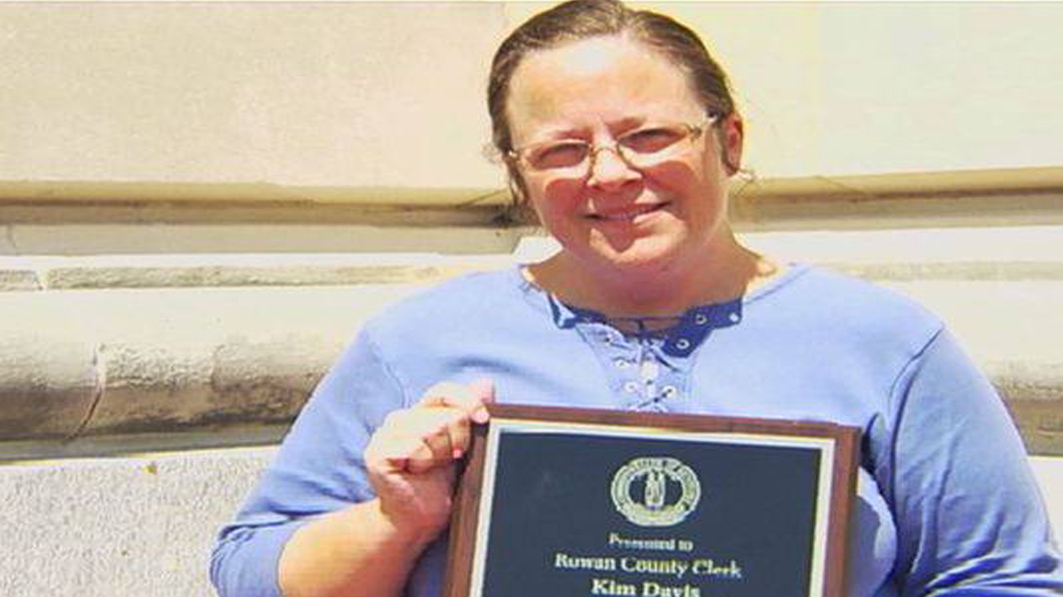Her stand for marriage and religious conscience leaves a lasting legacy.
The November 2018 midterm election has been all-consuming, from a national media and public interest perspective. With narrow vote margins generating recounts in the Florida gubernatorial and U.S. Senate races, as well as the Arizona race for the U.S. Senate, few have had the time or interest to focus on the tiny locale of Rowan County, Kentucky – population approximately 25,000 – or the race for its county clerk in which the incumbent, Kim Davis, was defeated by Elwood Caudill, Jr. by 700 votes.
Remember Kim Davis?
In June 2015, the U.S. Supreme Court decided the same-sex marriage case of Obergefell v. Hodges, overturning several lower court cases and state laws defining marriage as between one man, and one woman. Kentucky’s marriage law was one of those struck down. Davis, the newly elected Rowan County clerk, was in charge of issuing marriage licenses. She was also a relatively new Christian.
When approached by a same-sex couple about obtaining a marriage license, Davis turned down the request, citing her Christian beliefs about marriage. Other Kentucky county clerks announced they would also not issue licenses to same-sex couples. Davis appealed to the Kentucky attorney general, governor and legislature to do something to accommodate her religious beliefs. However, the legislature was not in session, and the state’s executives unceremoniously issued a memo to her and all the state’s clerks commanding them to issue licenses to same-sex couples or resign immediately.
The homosexual couple, represented by the American Civil Liberties Union (ACLU), brought a federal lawsuit against Davis. With no help coming from the state, she and her attorneys tried to defend her conscience rights. The federal judge ordered her to sign the marriage license in early September 2015, and when she still refused, held her in contempt and sent her off to jail. She was only released after five days because several of her deputy clerks promised the judge they would issue licenses to same-sex couples.
But that’s not the end of Davis’ story. By the time she was released from jail, her story of religious conscience vs. same-sex marriage had gone national. It even influenced the upcoming November 2015 race for governor, when the challenger, Matt Bevin, took up Davis’ cause and made it a campaign issue. When Bevin won, the first thing he did was issue an executive order allowing county clerks to issue marriage licenses without their signature or name appearing on the form. The legislature followed by unanimously voting for permanent changes to the license form that would preserve the rights of conscience of the state’s county clerks with religious or moral objections to same-sex marriage.
The lessons from the Kim Davis tenure as Rowan County clerk are many, but one stands out: On issues involving clashes between various rights, a resolution based on compromise and accommodation is not only achievable in most cases, but it is a win-win for both sides.
Ms. Davis’ conviction and courage in the face of adversity left Kentucky and the country with a painful, but ultimately successful, object lesson in how to resolve the tricky policy questions of our day. Not bad for the clerk from Rowan County.
Resources:
What Would George Washington and Abraham Lincoln Think of Kim Davis






